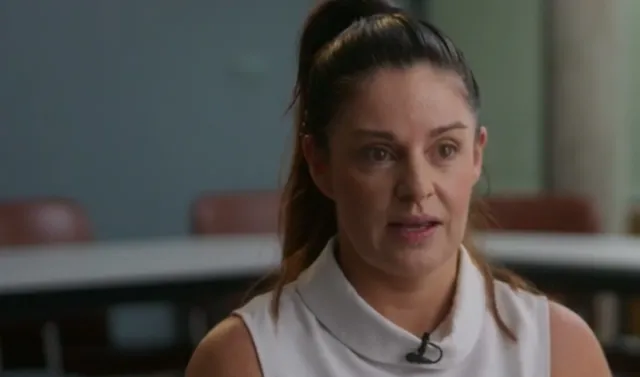View all Courses

Annette Houston
Masters in Business (MBS) in Innovation & Leadership

Can you talk us through why you choose to do this course?
I chose to do the MBS in Innovation and Leadership in 2012. I completed Managing and Mentoring People in 2011. I work in a very labour intensive industry, and I found the first course had a huge impact on my ability to manage effectively. The business was going through quite a bit of turmoil at the time, which followed from the recession and I thought I need to address things differently in the business.
I needed to upskill to be able to keep the business progressing. It was very tough at that stage. I thought all or nothing, I’ll do this. And if it works brilliant and if the business survives, great. And if it doesn’t, I have a qualification to fall back on, but it completely changed how I see the world and completely changed the business.
How did you find the course and how did you balance studies with any other commitments?
I own FM Services Group. It was established by my mom and dad in 1994 and it started off as a contract domestic services cleaning business. I worked for FM while I was studying. The business got into some financial difficulty in 1997 and I stopped pursuing a career in electronic engineering to come in to this business.
I’ve been in a management position since the late nineties here. At the minute we employ almost 200 people across the Northwest, Northern Ireland and Dublin. I cover a lot of staff services such as, facilities, caretaking, cleaning, pest control and hygiene. The biggest impact that it had was on me personally and how I see the world.
What do you think you gained by taking the course?
Up until I took part in the MBS, I would have been a very rigid personality. I would have seen the world through my lens and my lens alone. I wouldn’t really have taken into account other peoples’ perspectives or trying to get win-wins when you’re negotiating. It would have been win and not worried about the other perspectives in a situation.
Being on the programme opened me up to a lot of learning of different leadership styles. It was more than just the academia we were learning, I was learning from my peers on the course as well, which I find really valuable. On that particular cohort, there was quite a lot of corporate companies that had people on the programme and as a very small company at the time, we had huge learning from the people that were in that cohort with me.
I was the senior management team. It might have been one other person there as well as me, and I had a huge workload at the time. I knew I was going to have to make sacrifices to partake in the programme. What really attracted me to it was that there wasn’t a huge time commitment to be on campus. I knew that I could figure out the rest.
That was very challenging for the first year, but I started to see the benefits early on of delegating to a team and trying to empower junior people within the company to take on leadership roles and responsibilities. It got easier as I got into it.
I think it was probably one of the most challenging things I’ve ever undertaken. Apart from being a business owner for a company like this, one of the nicest things about the programme was the way it was structured. You had lead lecturers, and then you had module leads and those module leads were available to us all the way through.
I’d often ask questions around can you clarify something around the assignment, or am I going in the right direction, and they were always very open to giving us feedback. The other thing that we had as well during the MBS was action learning sets. We had a container that we as programme participants and the lead lecturers on a particular module could come together, and flesh out where my assignment is going, the kind of challenges I’m facing and getting your peer input and your academic leaders input into the challenges we were having and that was really helpful.
You learned as much on those action learning sets from the problems that other people were having. You were uncovering potential problems you were going to face but somebody else just got there first. You were able to get those questions answered in that safe environment.

